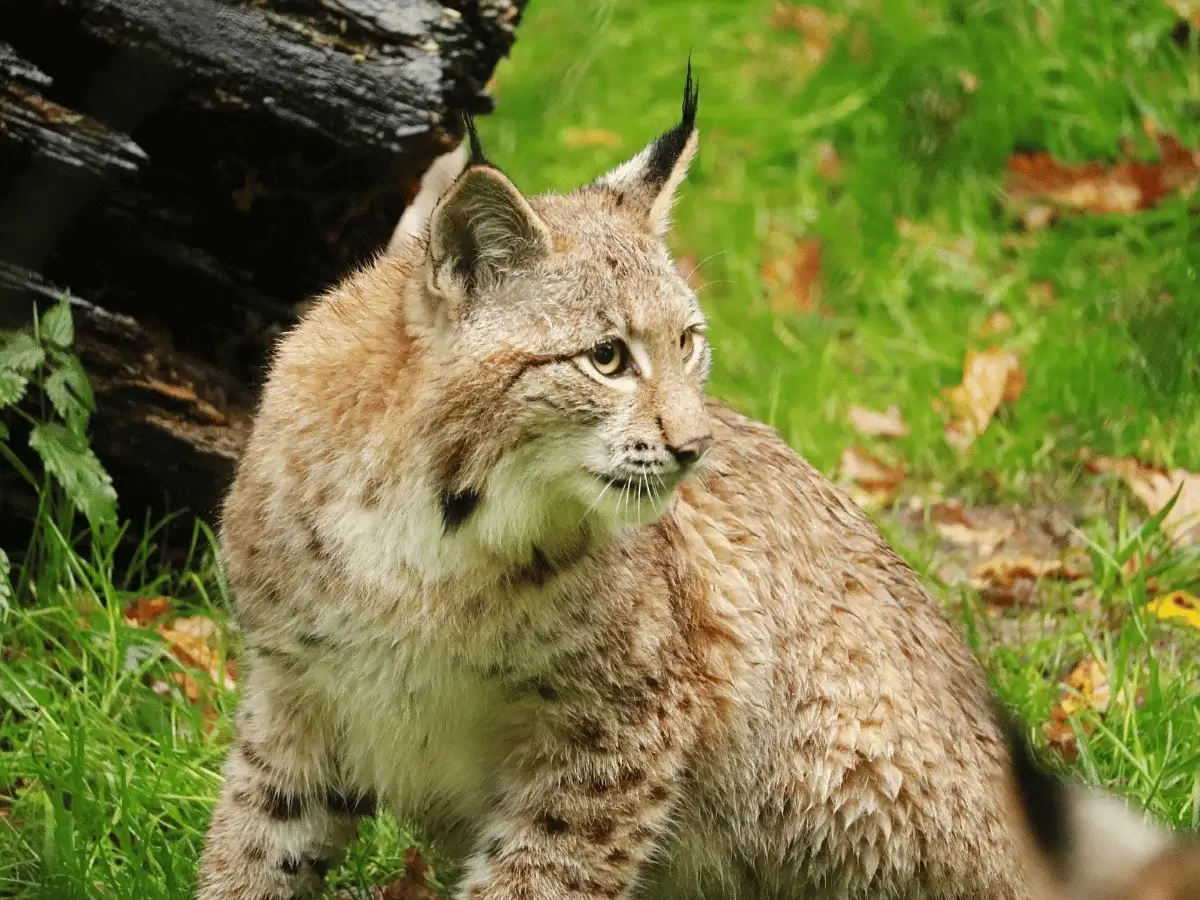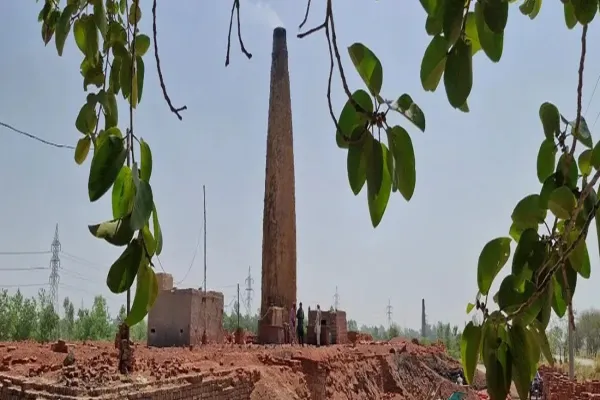The International Union for Conservation of Nature confirmed the glimpse of a rare leopard in the desert of Kazakhstan. In a statement passed by the International Union for Conservation of Nature, Persian Leopards are becoming extinct in the modern-day world. One thousand Persian leopards are left in total in this world. It is believed that …
IUCN Confirms Presence Of Wild Cats In Kazakhstan

The International Union for Conservation of Nature confirmed the glimpse of a rare leopard in the desert of Kazakhstan.
In a statement passed by the International Union for Conservation of Nature, Persian Leopards are becoming extinct in the modern-day world. One thousand Persian leopards are left in total in this world. It is believed that the Persian big cat is found in Caucasus, Turkey, Iran, Iraq and some other South Asian countries. This big cat is also known as the Anatolian Leopard.
The International Union for Conservation of Nature issued a red alert on the presence of this species. IUCN believes that this species is at risk of becoming extinct in its natural habitat in future. According to the Kazakhstan Forestry and Wildlife Committee, this rare species of Leopard is seen in the Ustyurt nature reserve of western Kazakhstan.
The camera recorded Leopard’s view four times between October and late December 2024. Thus giving a clear indication that this species is not extinct yet. Around 750 or 1044 Persian Leopards are found in the world. It is estimated that out of these Persian Leopards, more than 5 Leopards have their habitat in Kazakhstan.
In the 21st century, this rare Leopard is seen 10 times in the world. This rare species is thought to be extinct because of the destruction of its natural habitat and illegal prey of this species.
The Ustyurt nature reserve team stated that the glimpse of the Leopard is a positive gesture for them as it is their joint effort to restore the major extinction of the species and sustain the ecosystem. They also said that the glimpse of this species gives them motivation to continue working on the protection of this rare species on earth.











